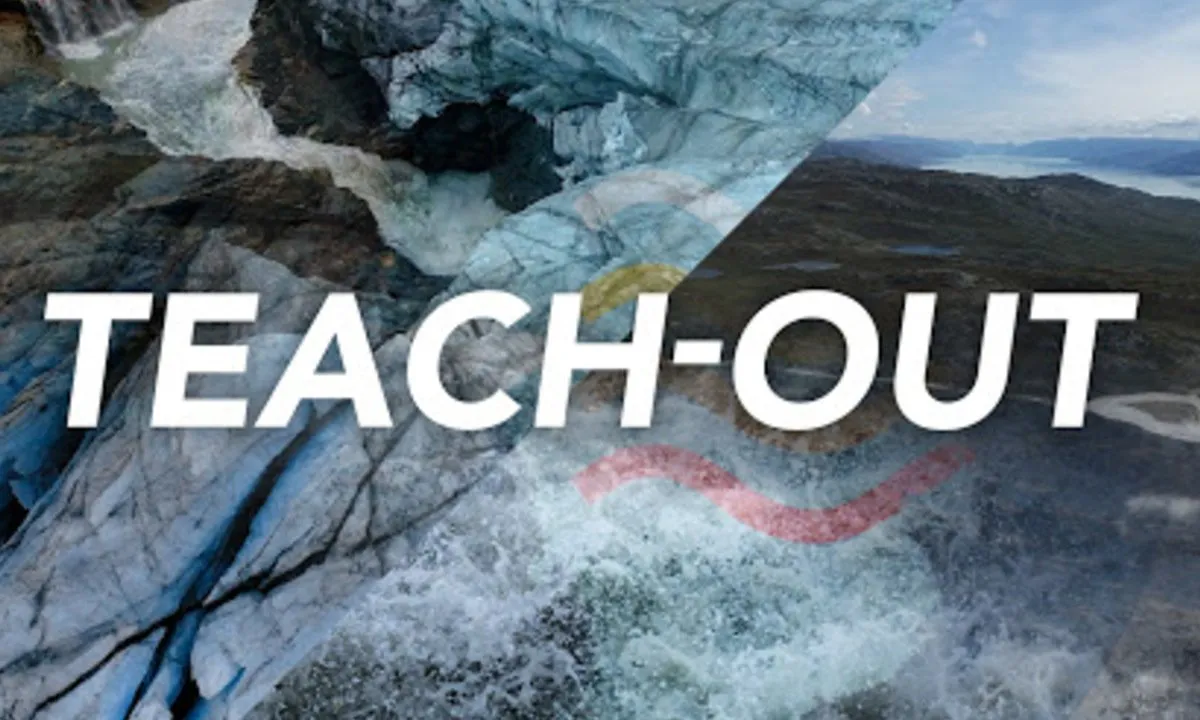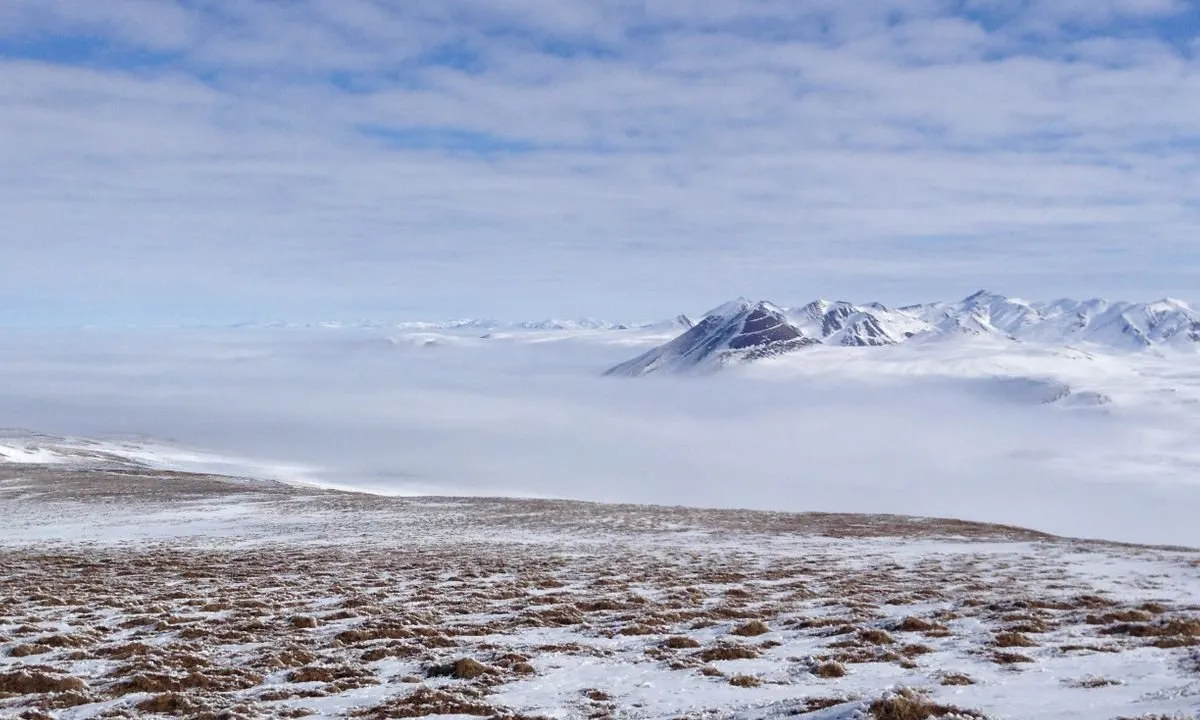
Climate Change and Health 
This online course, Climate Change and Health, will provide an in-depth look at the link between climate change and health. Learn about the health impacts of climate change, and how to reduce greenhouse gas emissions to keep global warming under 2°C. Get up-to-date evidence on the health impacts of climate change and how to protect yourself and your family. Join us and become an expert on the health impacts of climate change. ▼
ADVERTISEMENT
Course Feature
![]() Cost:
Cost:
Free
![]() Provider:
Provider:
iversity
![]() Certificate:
Certificate:
No Information
![]() Language:
Language:
English
![]() Start Date:
Start Date:
On-Demand
Course Overview
❗The content presented here is sourced directly from iversity platform. For comprehensive course details, including enrollment information, simply click on the 'Go to class' link on our website.
Updated in [April 29th, 2023]
This course, Climate Change and Health, provides an overview of the health impacts of climate change. It covers the physical and mental health effects of climate change, as well as the health benefits of climate change mitigation and adaptation. The course also explores the ethical and legal implications of climate change and health. Participants will gain an understanding of the current state of knowledge on climate change and health, and will be able to identify and discuss the most important health impacts of climate change.
[Applications]
After this course, participants are encouraged to apply their knowledge of the link between climate change and health to their own lives and communities. They can use the information they have learned to inform their decisions on how to reduce their own carbon footprint and to advocate for policies that will reduce the health impacts of climate change. Participants can also use the information to educate their peers and family members on the importance of taking action to reduce the health impacts of climate change.
[Career Paths]
1. Climate Change Researcher: Climate change researchers study the effects of climate change on the environment and human health. They analyze data, develop models, and conduct experiments to understand the impacts of climate change. They also work to develop strategies to mitigate the effects of climate change. This job is expected to grow as the need for research on climate change increases.
2. Climate Change Policy Analyst: Climate change policy analysts work to develop policies and regulations to address climate change. They analyze data, research trends, and develop strategies to reduce emissions and mitigate the effects of climate change. This job is expected to grow as governments and organizations look for ways to address climate change.
3. Climate Change Educator: Climate change educators work to educate the public about the effects of climate change and how to reduce emissions and mitigate the effects. They develop educational materials, conduct workshops, and provide resources to help people understand the impacts of climate change. This job is expected to grow as more people become aware of the need to address climate change.
4. Climate Change Advocate: Climate change advocates work to raise awareness of the effects of climate change and to advocate for policies and regulations to address climate change. They work with organizations, governments, and the public to raise awareness and to push for action. This job is expected to grow as more people become aware of the need to address climate change.
[Education Paths]
1. Environmental Health: Environmental health is a field of study that focuses on the health effects of environmental factors, such as air and water pollution, climate change, and hazardous waste. It is an interdisciplinary field that combines elements of public health, biology, chemistry, and ecology. Developing trends in this field include the use of technology to monitor environmental health, the development of new methods for assessing environmental health risks, and the use of data to inform policy decisions.
2. Public Health: Public health is a field of study that focuses on the health of populations, rather than individuals. It is an interdisciplinary field that combines elements of epidemiology, sociology, economics, and public policy. Developing trends in this field include the use of data to inform public health decisions, the development of new methods for assessing public health risks, and the use of technology to monitor public health.
3. Climate Change Science: Climate change science is a field of study that focuses on the physical and biological processes that drive climate change. It is an interdisciplinary field that combines elements of physics, chemistry, biology, and ecology. Developing trends in this field include the use of technology to monitor climate change, the development of new methods for assessing climate change risks, and the use of data to inform policy decisions.
4. Global Health: Global health is a field of study that focuses on the health of populations across the world. It is an interdisciplinary field that combines elements of public health, epidemiology, economics, and international relations. Developing trends in this field include the use of data to inform global health decisions, the development of new methods for assessing global health risks, and the use of technology to monitor global health.
Course Provider

Provider iversity's Stats at AZClass
Discussion and Reviews
0.0 (Based on 0 reviews)
Explore Similar Online Courses

Implementing SAP S&4HANA Cloud with the Central Business Configuration Capability

Applied Data Science: An Introduction

Python for Informatics: Exploring Information

Social Network Analysis

Introduction to Systematic Review and Meta-Analysis

The Analytics Edge

DCO042 - Python For Informatics

Causal Diagrams: Draw Your Assumptions Before Your Conclusions

Whole genome sequencing of bacterial genomes - tools and applications

Melting Ice Rising Seas Teach-Out

Planning with Climate Change in Mind


Start your review of Climate Change and Health